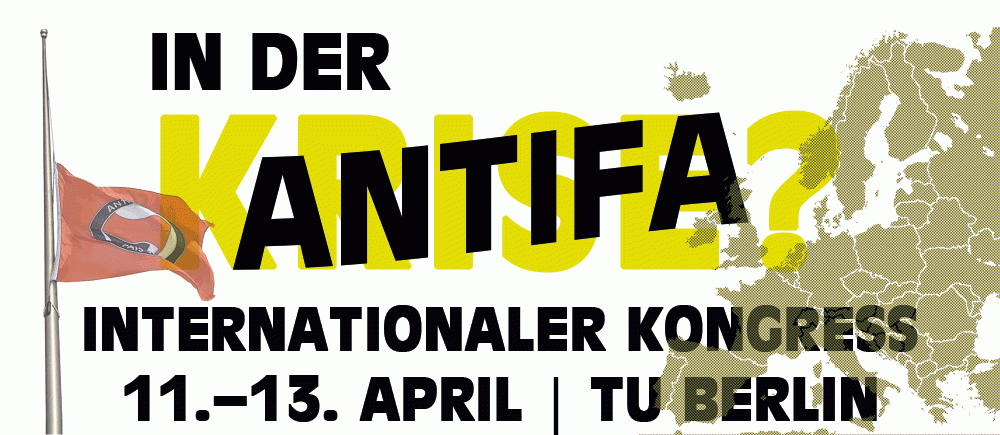In last year’s elections, the Alternative für Deutschland (AfD) was just on the edge of moving into the federal parliament. This year in may there are taking place the elections for the European Parliament and the AfD will surely gain some seats in it. In current polls they get up to 8 percent. Thus, the AfD has the most promising chances as a political party rightward from the government coalition, even if it does not locate itself there. But its favourite contents let it be categorized relatively easy as a right-wing populist party: a regressive critique of the European Union and the Euro, a positive reference to the competition of nation-states, conservative pictures of family and genders, a chauvinist critique on migration, and a lot more like that. In the past, there were repeated, more or less consciously calculated „taboo breakes“, racist, anti-semitist and homophobic „verbal lapses“. They were either unanswered or relativised as singular opinions. That way, the AfD is able to address a broad spectrum. This walk on the line between (neo)liberal, conservative and far right-wing positions and parties is shifting the whole political discussion more to the right. These ambiguities extend as well to the european level. While the official course directs to a partnership with the moderate conservative fraction, there are quite a few voices demanding more cooperation with right-wing populist parties such as the UKIP or Lega Nord.
During the workshop we will discuss how the AfD presents what contents and what will probably be its significance. Following, we will present, gather and discuss ideas about how to react to the AfD. Be it on occasions during the electoral campaign or be it in a more long-term perspective against the establishing of a right-wing populist party.
